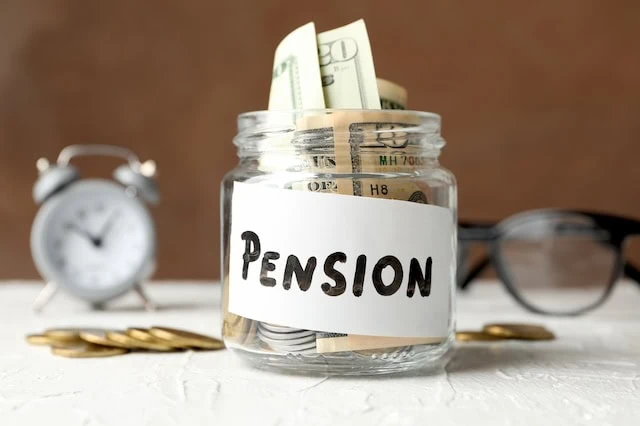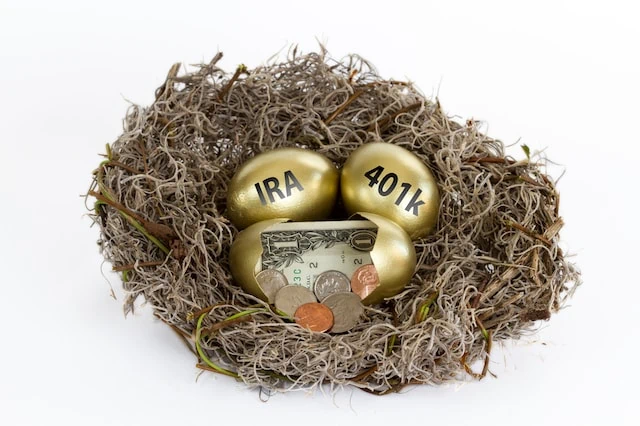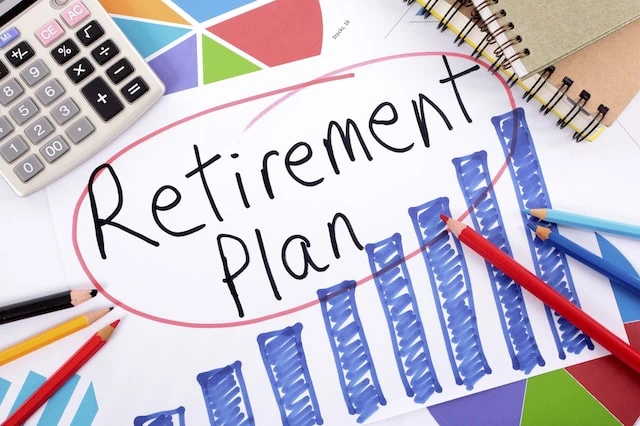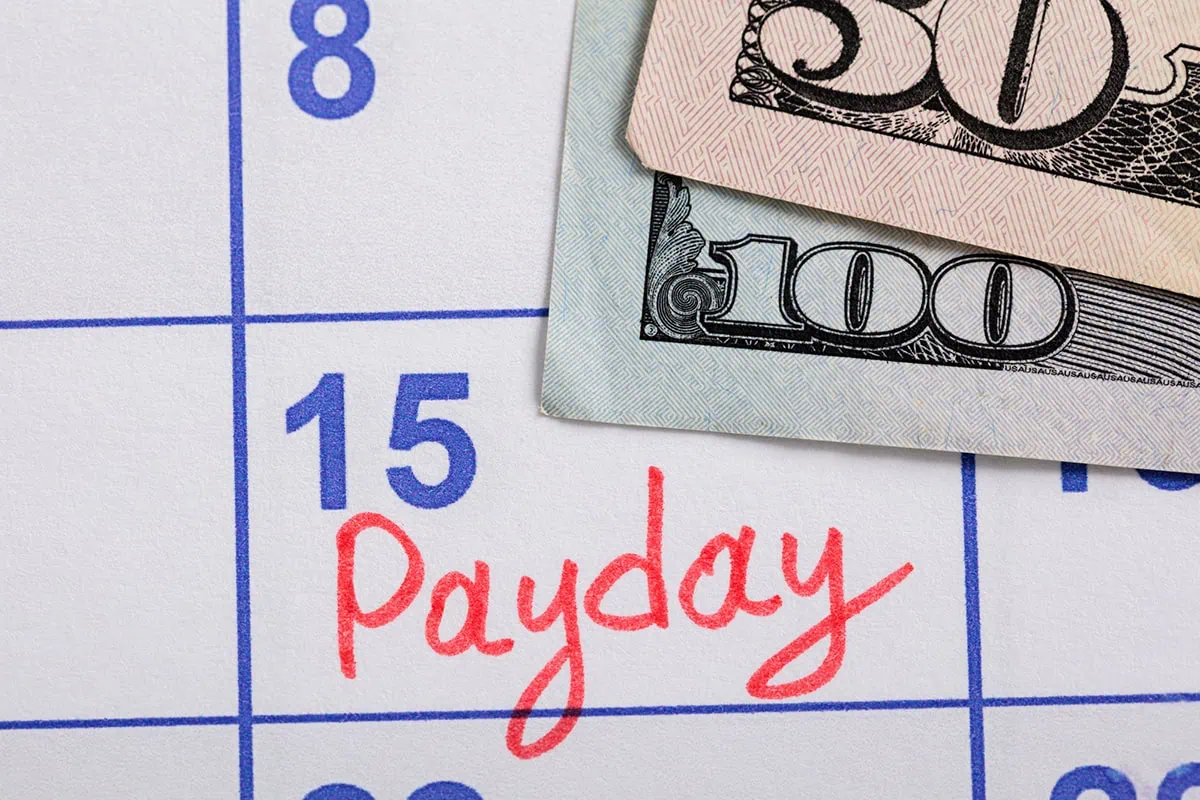Baby Boomers have seen a litany of changes throughout their lives—and that includes the institution of retirement.
A “boom” of births in the years following World War II led to these newborns to be dubbed “Baby Boomers.” The generation is made up of people born between 1946 and 1964.
And throughout Boomers’ lives, the retirement planning world underwent changes so substantial that they couldn’t simply follow their parents’ paths to retirement. They’ve experienced the decline of traditional defined-benefit pensions, the simultaneous rise of 401(k) plans, and increases in the full retirement age for Social Security benefits, among other massive shifts.
This has left many Baby Boomers in a state of retirement insecurity. Will those Boomers still approaching retirement have enough money to last? How are Boomers financing their retirement? Will Baby Boomers thrive despite everything thrown at them?
These Baby Boomer retirement statistics will answer all of those questions—and give you a good overall sense of the generation’s retirement prospects.
Featured Financial Products
Table of Contents
How Much Does the Average Baby Boomer Have Saved for Retirement?

On average, Baby Boomers currently have $120,300 saved for retirement, per the Northwestern Mutual 2024 Planning & Progress Study. Considering the age range of this generation (as I write this, 60 to 78), that includes both retired Baby Boomers and those approaching retirement.
An interesting subset of the generation is “Peak Boomers,” who were born between 1959 to 1964, and thus turn 65 between 2024 and 2030. According to the Peak Boomers Impact Study, commissioned by the Retirement Income Institute and the Alliance for Lifetime Income, the median retirement savings for peak Boomers is $225,000. (That number varies substantially depending on sex, race, and level of education. For instance, averages are much higher for men, people who are white, and people who have graduated from college.)
Do you want to get serious about saving and planning for retirement? Sign up for Retire With Riley, Young and the Invested’s free retirement planning newsletter.
Baby Boomer Retirement Statistics

Let’s dive into some more data about Baby Boomers’ retirement preparedness. These statistics come from multiple surveys and studies about the generation’s financial situation and feelings about retirement.
1. Nearly 11 million ‘Peak Boomers’ plan to retire by 2030.

More specifically, about 10.9 Peak Boomers have that goal. This includes 1.6 million people who currently work in health care, 1.3 million employed in manufacturing, and 1 million who deal in construction. (Source: Peak Boomers Impact Study1)
Related: 5 Best Vanguard Retirement Funds [Start Saving More, For Less]
Featured Financial Products
2. The average age Baby Boomers expect to retire is 68.

Here are the ages that various generations expect to retire by, on average:
— Gen Z: 61
— Millennials: 64
— Gen X: 65
— Boomers: 68
Being the closest generation to retirement, you could argue that Boomers have the most accurate estimate. (Source: Charles Schwab2)
Related: Is Your Retirement on Track? Here Are the Average 401(k) Balances By Age
3. Nearly half of employed Baby Boomers expect to work past age 70 or never retire.

Not everyone sees retirement as an option—in fact, 49% of Baby Boomers either think they’ll work past age 70 or won’t retire at all. Most commonly cited were financial-related reasons (83%), followed by healthy-aging reasons (77%). (Source: Transamerica Institute3)
Related: Should I Pay Off My Mortgage Before I Retire?
4. About 90% of Baby Boomers are factoring Social Security into their retirement planning.

But there’s a massive generational gap. Comparatively, fewer than half of Millennials (46%) are doing the same, instead counting on a wide range of sources ranging from home equity and rental income to inheritance and support from their children. (Source: Natixis Investment Managers4)
Related: How Much Should I Save Each Month?
5. About 41% of Baby Boomers believe Social Security will be their main source of retirement income.

Boomers are counting on Social Security more than any other generation; only 26% of Gen X, 16% of Millennials, and 15% of Gen Z expect it to be their primary income source. Indeed, some members of younger generations worry that Social Security will “run out”—one of several pervasive Social Security myths. (Source: Transamerica Institute3)
Do you want to get serious about saving and planning for retirement? Sign up for Retire With Riley, Young and the Invested’s free retirement planning newsletter.
Featured Financial Products
6. Nearly three-quarters of Baby Boomers expect to receive income from a 401(k), 403(b), and/or IRA.

Specifically, 74% of Baby Boomers expect to draw income from retirement plans; comparatively, 72% of Gen X, 68% of Millennials, and only 52% of Gen Z anticipate the same. (Source: Transamerica Institute3)
Related: How to Invest HSA Funds [Level Up Your Retirement Savings]
7. Non-retired Baby Boomers believe they will miss their retirement savings goals by about $300,000.

Surveyed Baby Boomers think it takes $924,897 to retire comfortably, but they only expect to have $633,401 saved by retirement—an anticipated savings gap of $291,496. (Source: Schroders5)
Related: Should Retirees Move? 10 Considerations
8. Almost half of Baby Boomers say they would save more (or start saving) if their company-sponsored plans offered ESG investments.

Environmental, social, and governance (ESG) investing is a strategy that includes not just financial factors, but a number of other values as well. And ESG matters to Baby Boomers—49% of those surveyed said they would be more likely to participate in a company’s defined benefit plan (or increase their contributions) if ESG investments were offered.
Of course, that number was much higher across all generations, at 73% of respondents, including 72% for Gen X and 88% for Millennials. (Source: Natixis Investment Managers4)
Related: 5 Best Schwab Retirement Funds [High Quality, Low Costs]
Featured Financial Products
9. Only 37% of Baby Boomers say they have planned for the possibility of outliving their savings.

Gen X isn’t any better. Just 35% of that generation’s respondents said they had planned for that possibility. (Source: Northwestern Mutual6)
Related: 9 Financial Mistakes That Can Quickly Drain Your Retirement Savings
10. About 30% of non-retired Baby Boomers say they haven’t done any retirement planning.

That’s a particularly alarming number given that the remaining working members of this generation are either quickly approaching or already at retirement age. Meanwhile, about 45% of non-retired Gen X members and 43% of Millennials said they haven’t done any planning. (Source: Schroders5)
Related: 5 Best Fidelity Retirement Funds [Low-Cost + Long-Term]
11. Nearly 3 in 4 Baby Boomers are “concerned or terrified” about the thought of no more regular employment paychecks during retirement.

However, that makes Baby Boomers (74%) less terrified or concerned about the idea of not receiving standard employment paychecks in retirement than Millennials (79%) and Gen X (84%). (Source: Schroders5)
Related: 7 Best Self-Employed Retirement Plans [2024]
12. Only 18% of employed Baby Boomers say they know a “great deal” about Medicare benefits.

This number is low across the board, at 20% among all surveyed workers. Still, 18% is a worrying number for Boomers, as they’re close to eligibility or already eligible for retirement-based Medicare (eligibility starts at age 65). Planning for health care expenses in retirement is an important part of overall retirement budgeting—and Medicare is one of the most important aspects. (Source: Transamerica Institute3)
Related: Retired But Too Young for Medicare? Health Insurance for Early Retirees
13. More than half of Baby Boomers who retire at age 65 run the risk of experiencing retirement shortfalls.

According to Morninstar, 52% of Baby Boomers who retire at age 65 have a risk of running out of money in retirement. This is higher than Gen X (47%), Millennials (44%), and Gen Z (37%). (Source: MarketWatch7)
Related: Do I Need a Financial Advisor? 7 Questions to Ask Yourself
Featured Financial Products
Related: 6 Best Stock Recommendation Services [Stock Picking + Tips]

Stock recommendation services are popular shortcuts that help millions of investors make educated decisions without having to spend hours of time doing research. But just like, say, a driving shortcut, the quality of stock recommendations can vary widely—and who you’re willing to listen to largely boils down to track record and trust.
The natural question, then, is “Which services are worth a shot?” We explore some of the best (and best-known) stock recommendation services.
Related: 13 Best Long-Term Stocks to Buy and Hold Forever
As even novice investors probably know, funds—whether they’re mutual funds or exchange-traded funds (ETFs)—are the simplest and easiest ways to invest in the stock market. But the best long-term stocks also offer many investors a way to stay “invested” intellectually—by following companies they believe in. They also provide investors with the potential for outperformance.
So if your’e looking for a starting point for your own portfolio, look no further. Check out our list of the best long-term stocks for buy-and-hold investors.
Related: 10 Best Monthly Dividend Stocks for Frequent, Regular Income

The vast majority of American dividend stocks pay regular, reliable payouts—and they do so at a more frequent clip (quarterly) than dividend stocks in most other countries (typically every six months or year).
Still, if you’ve ever thought to yourself, “it’d sure be nice to collect these dividends more often,” you don’t have to look far. While they’re not terribly common, American exchanges boast dozens of monthly dividend stocks.
Please Don’t Forget to Like, Follow and Comment

Did you find this article helpful? We’d love to hear your thoughts! Leave a comment with the box on the left-hand side of the screen and share your thoughts.
Also, do you want to stay up-to-date on our latest content?
1. Follow us by clicking the [+ Follow] button above,
2. Subscribe to Retire With Riley, our free weekly retirement planning newsletter, and
3. Give the article a Thumbs Up on the top-left side of the screen.
4. And lastly, if you think this information would benefit your friends and family, don’t hesitate to share it with them!
Baby Boomer Retirement Statistics Sources

1 Peak Boomers Impact Study (https://www.protectedincome.org/wp-content/uploads/2024/04/Peak-Boomers-Econ-Impact-Study-EXEC-SUMM-ALI-RII-Shapiro-Stuttgen-EMBARGOED-Apr-18-2024-041624.pdf)
2 Charles Schwab (https://content.schwab.com/web/retail/public/about-schwab/schwab_2023_401k_participant_survey_gen-z_findings.pdf)
3 Transamerica Institute (https://www.transamericainstitute.org/docs/default-source/research/post-pandemic-retirement-realities-multigenerational-workforce-report-july-2023.pdf)
4 Natixis Investment Managers (https://www.im.natixis.com/en-us/about/newsroom/press-releases/2023/american-workers-want-retirement-plans-that-better-meet-their-needs-in-complex-financial-environment-finds-natixis-investment-managers-survey)
5 Schroders (https://www.schroders.com/en-us/us/intermediary/media-center/faced-with-largest-retirement-savings-gap-majority-of-generation-x-believe-dream-retirement-is-out-of-reach/)
6 Northwestern Mutual (https://news.northwesternmutual.com/2024-04-02-Americans-Believe-They-Will-Need-1-46-Million-to-Retire-Comfortably-According-to-Northwestern-Mutual-2024-Planning-Progress-Study)
7 MarketWatch (https://www.morningstar.com/news/marketwatch/20240803255/almost-half-of-those-who-retire-at-65-could-run-out-of-money)






